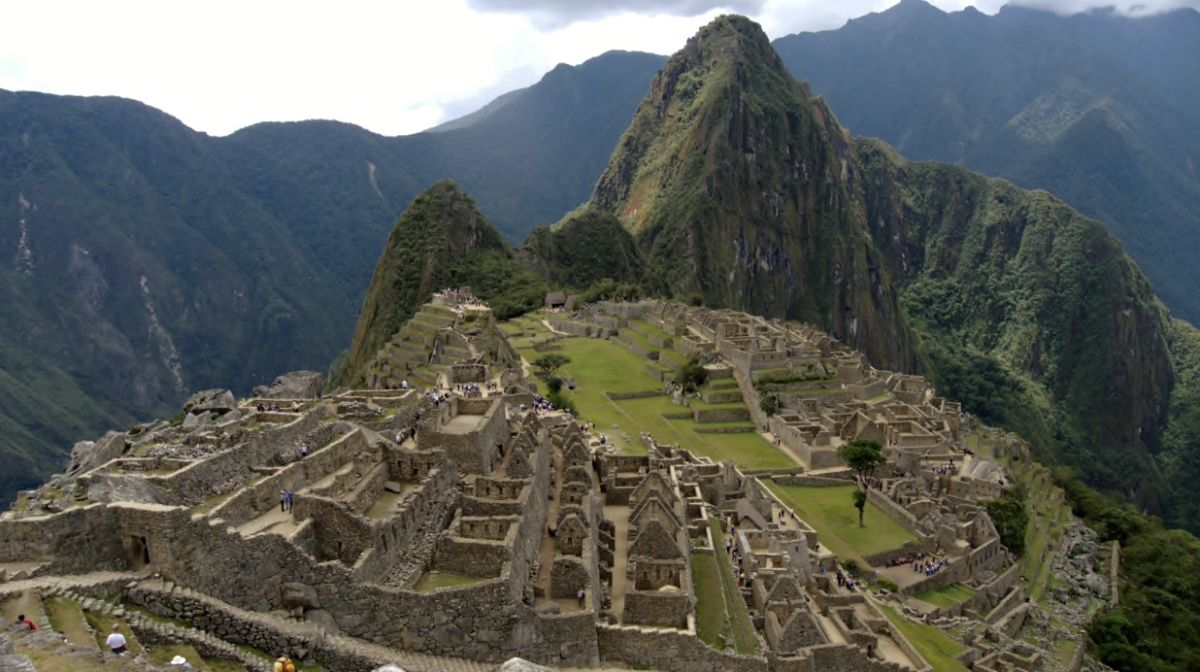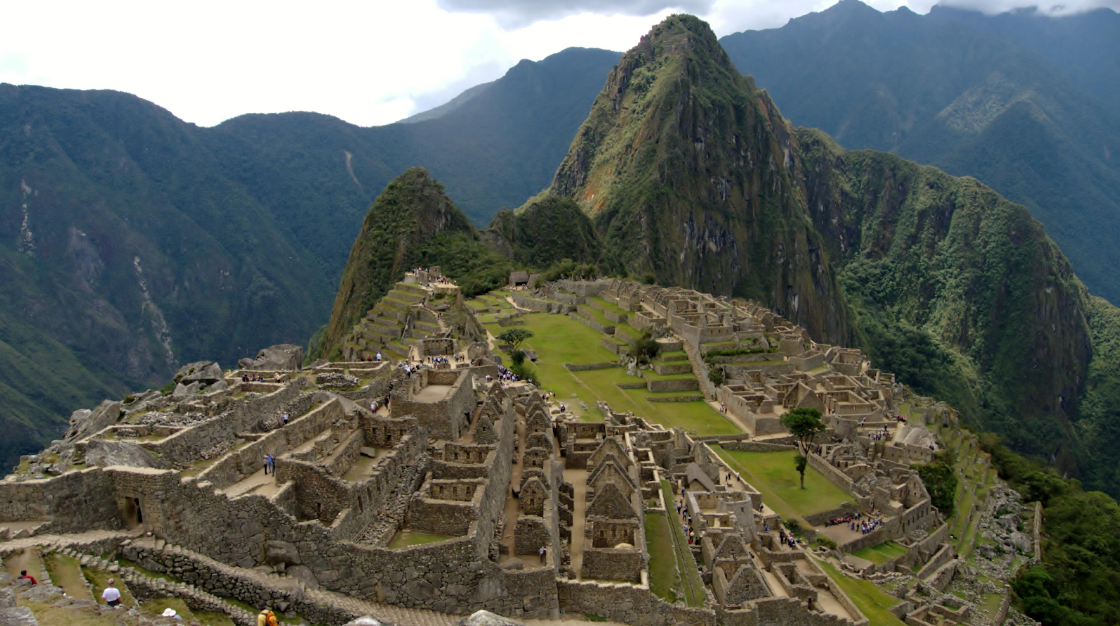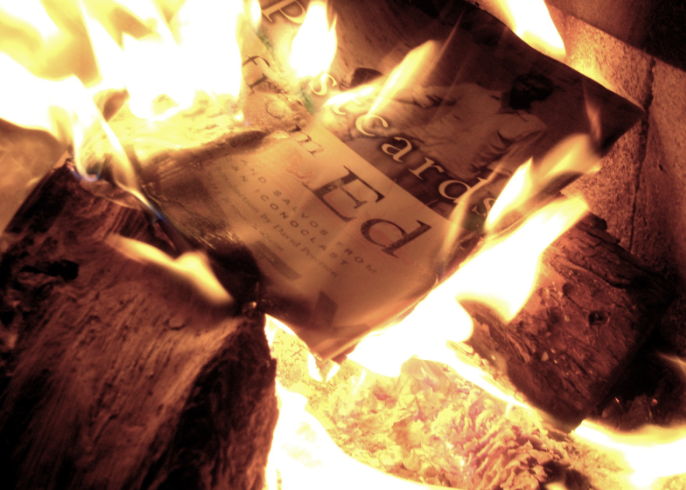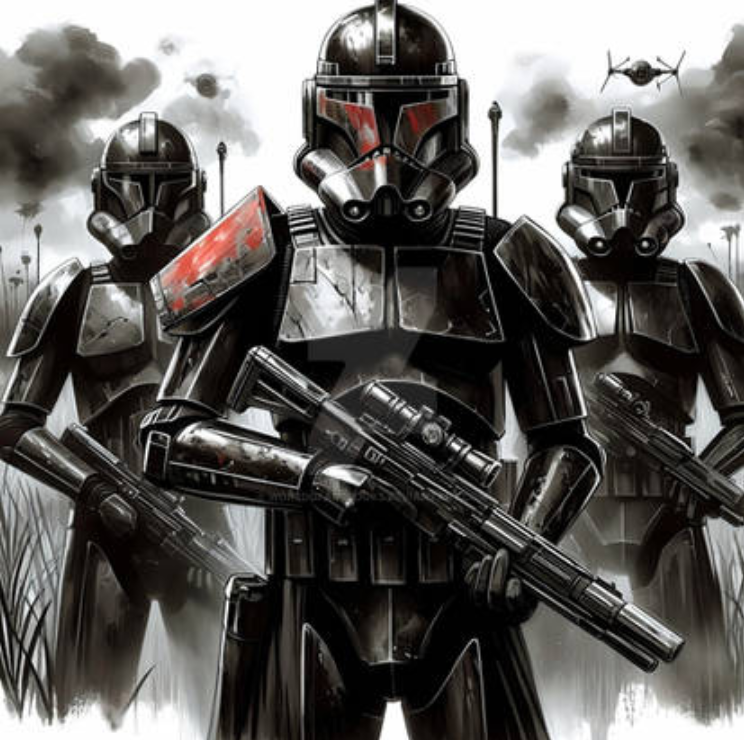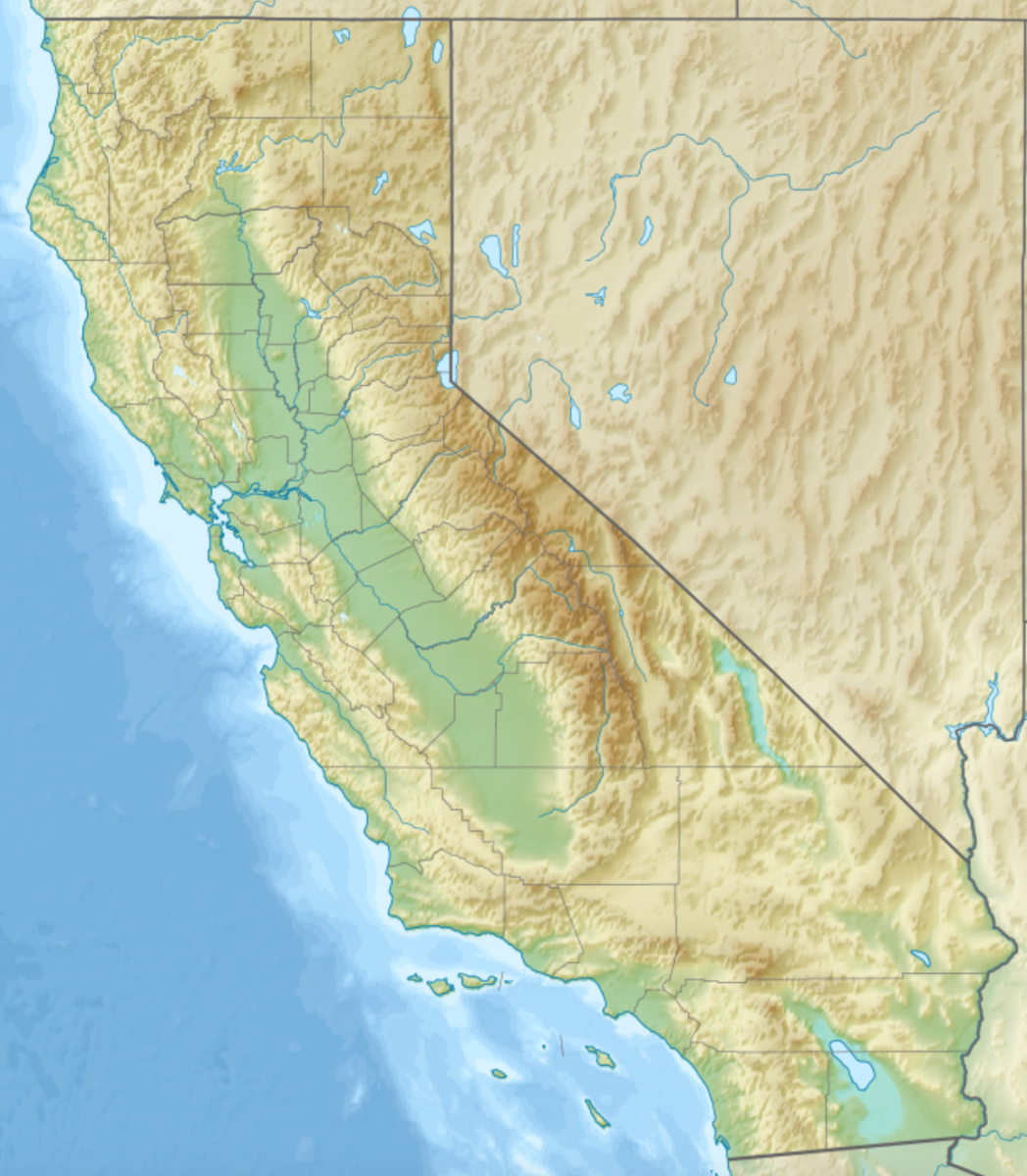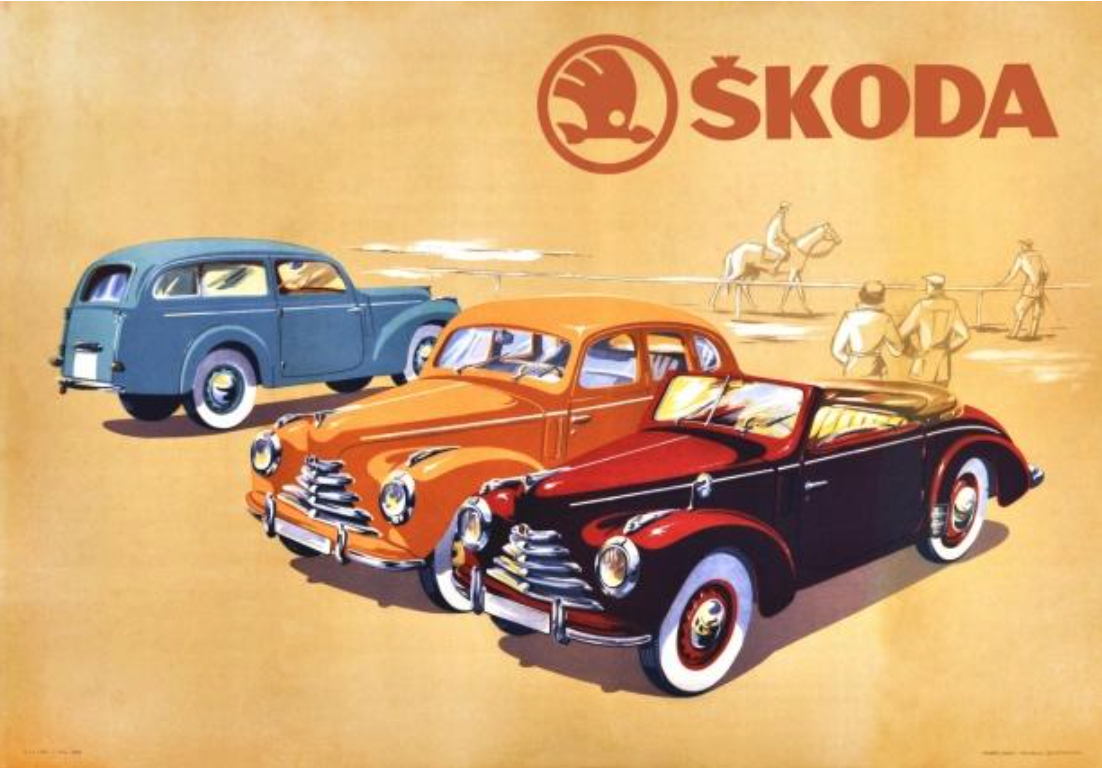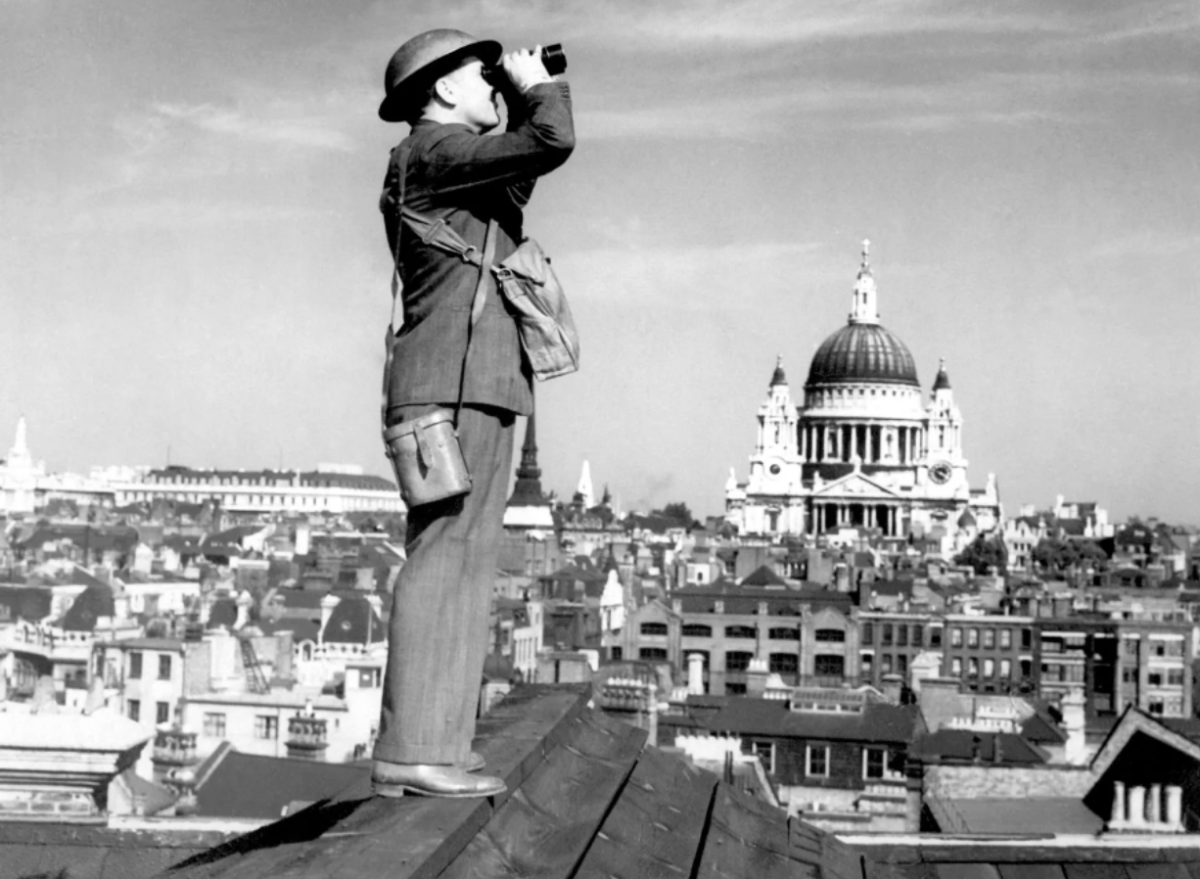World War I was the most devastating time up to the 1920s. Every country’s economy was wrecked, especially Germany’s since they were forced to pay reparations to the Allied countries (mainly France and Britain), forced to reduce their army, and forbidden from having an air force. Around this time, a young man, known as Adolf Hitler, claimed that he could fix all of Germany’s problems and gained significant support. He blamed the Jews for Germany’s defeat in World War I and managed to get his party, the Nazis, elected to the lowest house of the German parliament. Following this, he used his secret police to terrorize the people into voting for the Nazis, and, eventually, was appointed chancellor by the German president. Shortly after, he used his new power to directly violate the treaty made at the end of World War I by reinstating an air force and increasing the size of the army. Due to Britain and France’s slow responses to Hitler’s actions, they failed to prevent Hitler’s invasion of Poland.
When Hitler invaded Poland, Europe’s greatest fears were confirmed. Following World War I, Europe’s greatest concern was to prevent a repeat of World War I. Their solution was to punish Germany so much that they could never have enough power to incite violence like in World War I. In 1933, Hitler was made chancellor of Germany. In this new position of power, he quickly reformed the German military and introduced a new air force, in direct violation of the Treaty of Versailles, following World War I. Seeing no response from the Allies, Hitler continued his goal to expand Germany, take over the world, and enslave all “inferior” races to Germans, based on his belief that they belonged to a master race called the “Aryans.” He called for the annexation of the Sudetenland, an area filled with ethnic Germans. Desiring to avoid a repeat of World War I, Britain and France agreed to give Hitler the Sudetenland, an area of Czechoslovakia with many German speakers (but not native Germans). Then, Hitler invaded Austria and just annexed it, with no opposition. In March of 1939, less than one year after the Munich Conference, Hitler demanded the Polish corridor, which “bulged” into Germany. Britain and France knew that Hitler had endless ambition and that he was trying to expand the new German Empire. They informed him that an invasion of Poland meant war. Sure enough, on September 1st, 1939, Hitler invaded Poland, and Britain and France declared war. The first couple of years of the war were a disaster for Britain and France. Hitler’s tactics, known as Blitzkrieg, were devastatingly effective, which led to the encirclement of the British and French forces at Dunkirk. Luckily, the brave British citizens made the perilous journey across the English Channel in fishing boats, in an attempt to bring their young men home. After three days, Hitler resumed his attack, defeating France’s army at Dunkirk, with the British army fleeing from the battlefield. With no more opposition, Hitler quickly conquered France over a month and annexed it. Next, Hitler turned his eyes to Britain, in the hope of conquering it as well. To be able to land troops on British soil, he had to establish air superiority over the English Channel. When the Luftwaffe (Germany’s air force) arrived, the British were ready and engaged the German air force head-on, starting the battle of Britain.
Germany first attempted to bomb the British into submission by destroying ports and coastal facilities. However, they soon turned to bomb the RAF (Britain’s Royal Air Force) bases and radar stations, in an attempt to put the RAF out of commission. However, the British were able to quickly repair the radar system, and after seeing their bombings were ineffective, the Germans shifted their focus onto the RAF airfields. Yet, now that Germany was on the offensive and the British were fighting on their land, the battle slowly began to swing in Britain’s favor. Whenever a German plane crashed or was shot down, the pilot would be on British soil and get captured by the British army, but when the British got shot down, they could either bail out or crash land in their territory. Furthermore, if their planes needed to be refueled or reloaded, the British could quickly land at an airfield and rearm their planes, but the Germans had to fly across the channel to restock. Slowly, German morale started to drop, and they were losing pilots quicker than Britain. On October 31, 1940, Germany postponed their plans to invade Britain indefinitely. Following the battle, British Prime Minister Winston Churchill praised the sacrifices of the deceased pilots by saying “Never in the field of human conflict was so much been owed by so many to so few.”
This battle marked a turning point in World War II. Before this battle, Britain was repeatedly defeated by Germany. However, this battle boosted British morale and allowed them to hold out many more years until the United States started providing aid for the British. This battle set the stage for more American aid for the British, as they saw the British could make a stand against Germany and was in their interest and America passed the new neutrality acts and aided Britain’s war effort until the battle of Pearl harbor. After that, America formally joined the war and turned the tide in favor of the Allies, following the successful invasion of Denmark.
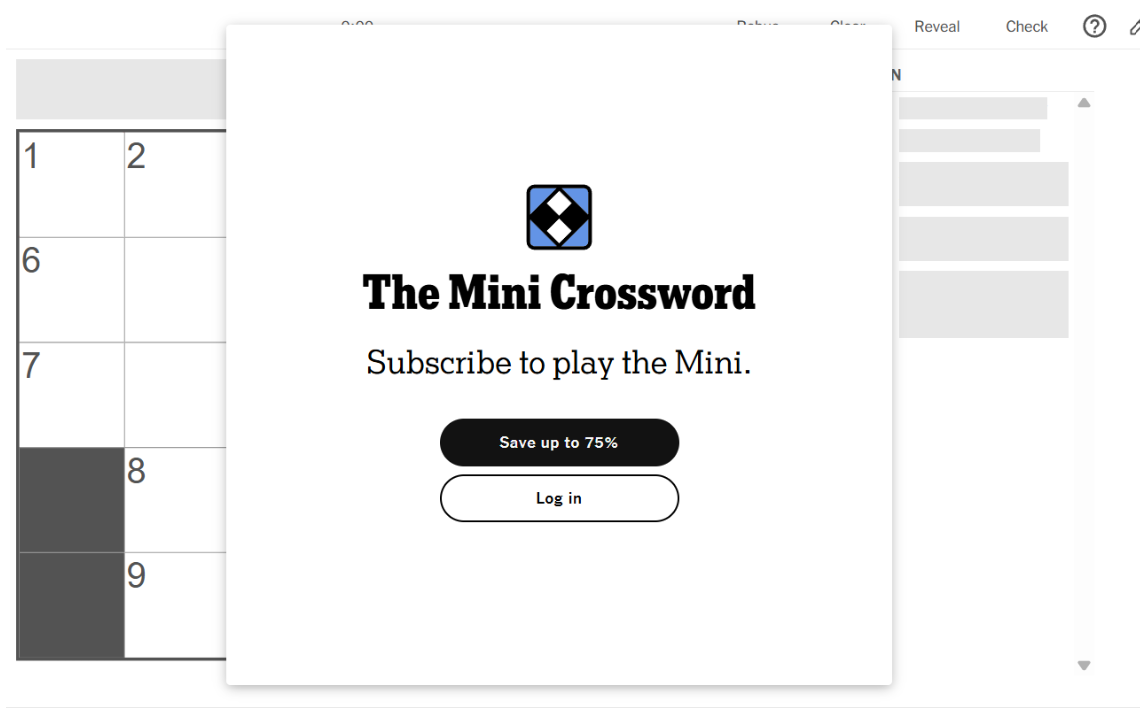
















![Teacher [Milk] Tea: Part 2](https://bisvquill.com/wp-content/uploads/2024/03/Screen-Shot-2024-03-19-at-9.28.48-PM.png)










